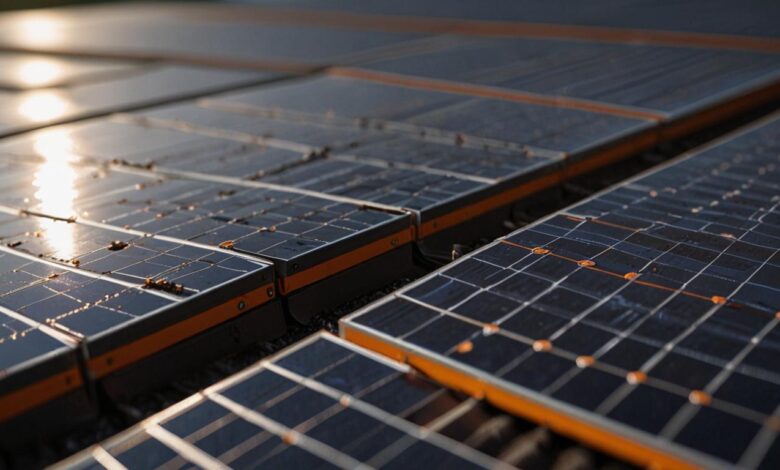Decline in Natural Gas Consumption in OECD Europe Amid Rising Industrial Demand and Renewable Energy Growth

Preliminary estimates from the IEA show a 3% decline in natural gas consumption in OECD Europe in the first half of 2024, linked to decreased power demand and EU measures. While industrial gas demand rose by 14%, renewable sources dominated power generation, highlighting the need for a balanced energy mix.
Natural gas consumption in OECD Europe declined by 3% year-on-year to 237 billion cubic meters in the first half of 2024, according to preliminary estimates from the International Energy Agency (IEA). This reduction is attributed to decreased power demand and EU demand reduction measures. Detailed analysis will be presented in the IEA’s upcoming quarterly gas report. Eurelectric, a European electricity industry association, linked the weaker power demand to sluggish economic growth, deindustrialization, and mild weather.
Despite this, there was a 14% firming in industrial demand for gas in the first half of 2024. In Germany, demand in energy-intensive sectors like iron and steel production increased by 2.4% and 3.7%, while the chemical industry saw a 3% rise, according to data from Agora Energiewende, a German think tank.
Renewable energy sources, including hydropower, accounted for over half of Europe’s power generation in the first half of 2024, according to Eurelectric. In Germany, wind and solar power made up 44% of the power mix, surpassing the 43% share from gas- and coal-fired plants. Renewable power in Germany grew to 58% of gross electricity consumption, up from 52% in the first half of 2023.
These trends highlight the role of gas as a backup energy source amid growing reliance on intermittent renewables and unpredictable weather patterns. Featuring a firm emissions reduction pathway requires investment in gas, power, and renewable infrastructures, as emphasized by Agora Energiewende.
In the renewable sector, Carbon plans to hire 200 individuals at a new facility and allocate 3% of its annual turnover—approximately €45 million ($48.4 million)—to research and development. These plans were discussed at the Intersolar Europe event in Munich, which highlighted Europe’s need for training and skills investment to boost solar product manufacturing.
Martine Vassal, president of the Aix-Marseille-Provence Metropolis, noted that establishing Carbon’s factory and R&D center would anchor solar energy innovation and job creation in the region. Carbon aims to enhance the European PV manufacturing sector by bringing 5GW of cell and 3.5GW of module manufacturing capacity online. This effort aligns with the new EU Net Zero Industries Act (NZIA) regulations.








